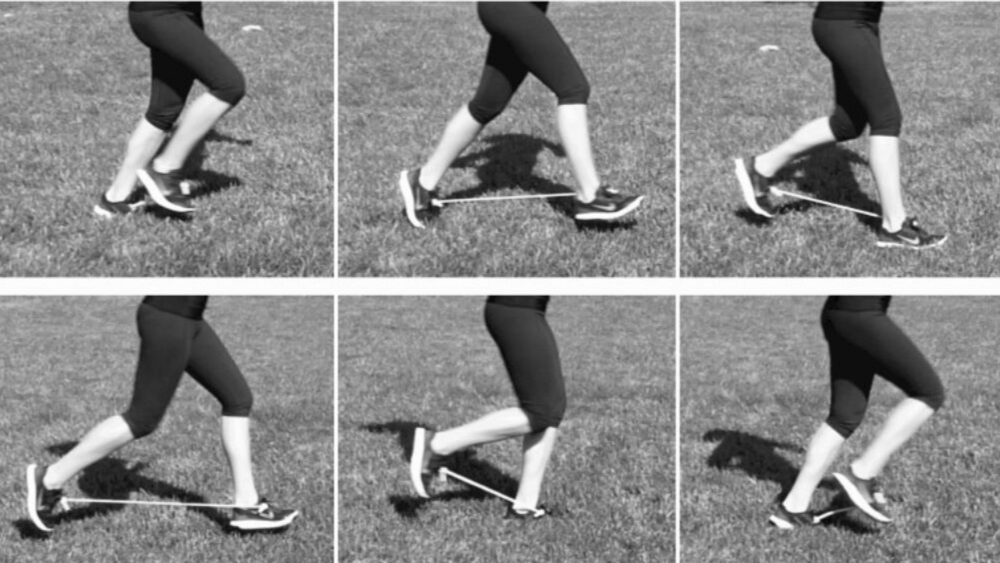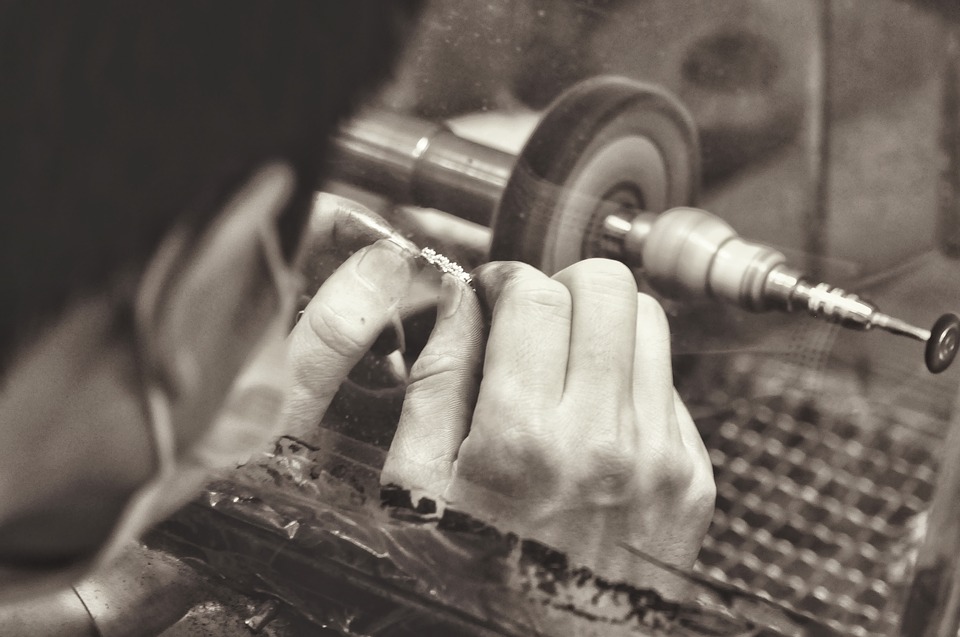Elliot Hawkes, a mechanical engineer at University of California Santa Barbara, created a lightweight resistance band which can help an individual run at a more efficient rate,
A mechanical engineers way of making things easier
Hawkes, being a mechanical engineer makes him very observant of random things that might need some tweaking to make it easier. Being an engineer makes him cringe in seeing inefficient systems used in people’s daily lives.
Out of randomness, Hawkes came up with the idea about the energy distribution of a person while running.
During my study at Stanford University, I researched energy while running. I have found out that in running, most of a person’s energy is just wasted, said by Hawkes.
His research can be found in the Journal of Experimental Biology.
According to Hawkes, running is an inefficient activity. On a scale of 10, only one calorie is used in the forward motion during running. The rest of the 9 calories are spent on keeping our balance and movement in our swinging leg. Our swinging leg generates the majority of the tension due to its brake and accelerating function.
The concept behind the jogging tool is to come up with a spring mechanism to lessen the swinging leg action. The tool can be similarly described to Cheetah legs, it can save energy by not stressing out too much muscle work.
Hawkes explained,
Normally, people run at 90 steps per minute. The device reduces the effort to bounce during these steps. To run faster, a person takes quick and shorter strides at the cost of additional energy for the fast swinging legs action. But with the aid of the tool, an individual can easily take 100 steps per minute without the strain and additional energy by swinging legs faster.
After trying the device for himself, the mechanical engineer seems very delighted with the results.
I was surprised. I feel like I am lighter and faster when the device is attached,
The test was conducted exclusively for endurance running instances. There were no tests taken yet for the device effect on sprinters with longer strides and short distance running. The device is built for longer runs. Running tests were also conducted on plain flat surfaces.







